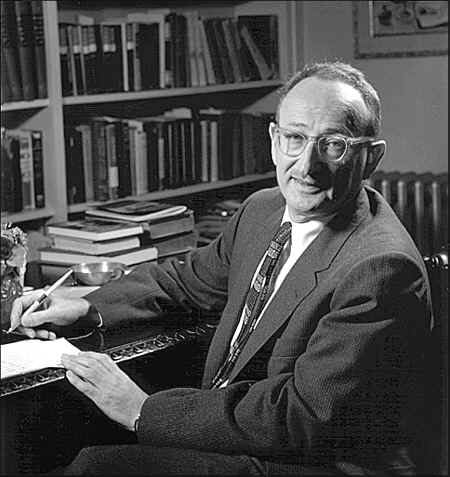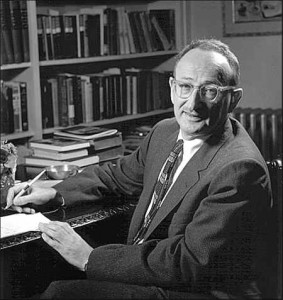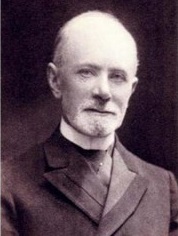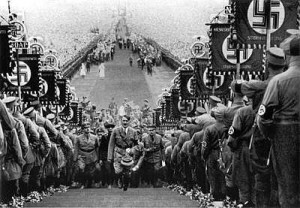 To George Sturgis
To George Sturgis
Hotel Bristol
Rome. May 8, 1935
My plans are still somewhat uncertain, but probably I shall go straight to Cortina about June 1–The war-rumours seem to have died down, and perhaps it is reasonable to believe the Germans will not attack anybody until there is a good prospect of doing so with safety. Events in Austria or Russia or Poland, however, might at any moment precipitate a conflict; only that things will be so mixed that even if the armies held out (which is doubtful) the governments themselves would hardly have the constancy which they showed—most of them—in 1914–18. Anyhow, I am acting as if all would remain normal; and probably we should have timely warning before the Germans could get at us in Italy.
President Conant of Harvard, and the Tercentenary committee, have been writing to me in a somewhat queer way. First they asked me to come to Commencement this year, and get a degree of Doctor of Letters. (I mean, Lit.D. not Ll.D.). When I declined this honour, which I got 24 years ago from the U. of Wisconsin, they wrote asking me to come next year, read an essay at the Summer School, and get a degree, not Specified, together with 60 other distinguished Scholars—no politicians or even Presidents of Colleges being in the list. I have a feeling that they wanted to get me out of the way as inconspicuously as possible, without actually overlooking me altogether. But in any case, I should have declined, partly because I don’t want to go to America at all, much less to an academic congress, and partly because when my novel comes out there may be more or less offence taken at it, and it is better that nobody should be placed in the embarrassing position of countenancing naughtiness. All novels are naughtier now than they used to be: but how shocking that an ex-professor of philosophy at Harvard should write a novel at all, and call a spade a spade! At least, they won’t be seeing me, and finding they have unwittingly given me an honorary degree—almost of Divinity—at the very moment when I was unmasking my essential wickedness. With 3000 miles of salt water between us, I shall feel safer and less hypocritical.
From The Letters of George Santayana: Book Five, 1933-1936. Cambridge, MA: The MIT Press, 2003.
Location of manuscript: The Houghton Library, Harvard University, Cambridge MA
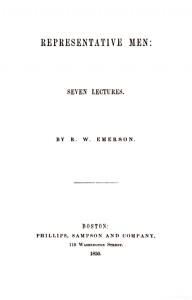 To Daniel MacGhie Cory
To Daniel MacGhie Cory
